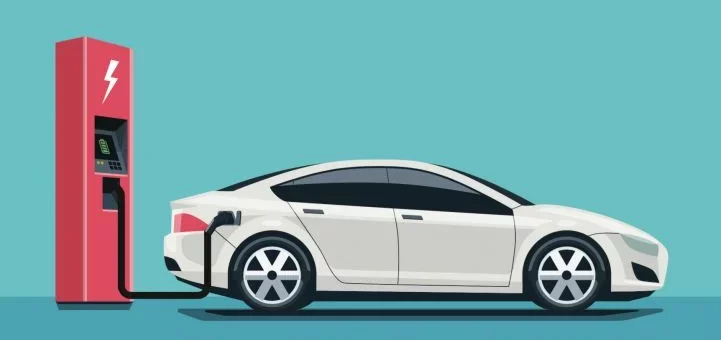One of the most important tech topics in the world, electric cars, are on the verge of a paradigm shift. While they were once thought to be too expensive and too impractical to really make headway in major markets, there’s now no looking back on switch-killin’s potential. The question is more about how much faster electric cars will take over if Tesla and other automakers keep improving their products. Another topic for discussion is Tesla, after Elon Musk’s company has already revolutionized our understanding of energy production with its high-tech batteries with an unprecedented theoretical maximum capacity of 710kWh. That’s equivalent to almost a full tank of gas! A few months ago, the company unveiled a new technology called “Powerpack” that can generate electricity on demand from renewable resources like solar or wind power. The size and cost of the powerpack are still being considered separately from the battery cell, which is expected to be a much more affordable product compared to its battery counterparts. The basic idea behind Tesla’s high-tech batteries is simple: instead of using conventional lead-acid batteries that are generally bad at holding charges and take a long time to recharge fully, companies are using lithium-ion batteries that can be charged in minutes with an incredible energy density. This is now possible because of the different chemical compositions that power the batteries, allowing their storage capacity to dramatically increase while minimizing the added cost.
Tesla’s success has captured a lot of attention from other big names in the auto industry, with Ferrari, Porsche, and Mercedes-Benz all jumping into development of their own electric cars. An important point to note for all these companies is that although battery costs are constantly being reduced, currently batteries still represent about 25%–40% of an electric car’s total cost. But this is expected to change in the coming years as huge corporations like Apple and Google join Tesla’s bandwagon in taking advantage of lithium ion batteries (which will lower costs for all companies) and further improve its energy density. (The more energy stored in a smaller area, the better.)
So far, lithium-ion batteries have been considered too volatile for mainstream use, especially in cars where there’s less space for them to fit. As of now, electric cars are becoming a bit more common in developed countries where governments are requiring that auto companies create zero-emission products. In other words, the pressure is on car manufacturers to innovate or risk getting left behind. Some major European countries, like France and Britain, are even going one step further and imposing bans on combustion engines by 2040.
And that’s saying nothing of air pollution. In a world where man-made carbon dioxide (CO2) emissions are responsible for climate change, it’s easy to see why lithium ion batteries are becoming increasingly valuable. In fact, scientists say that electric cars are the future—not just for personal transportation but also for public transportation. Various governments in major countries like China and Germany are starting to introduce legislation that promotes the use of electric cars, which will only increase their demand as time passes.

